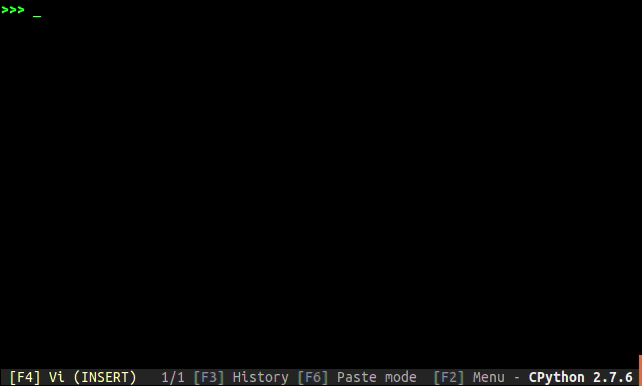tqdm
tqdm derives from the Arabic word taqaddum (تقدّم) which can mean "progress," and is an abbreviation for "I love you so much" in Spanish (te quiero demasiado).
Instantly make your loops show a smart progress meter - just wrap any iterable with tqdm(iterable), and you're done!
from tqdm import tqdm
for i in tqdm(range(10000)):
...
76%|████████████████████████ | 7568/10000 [00:33<00:10, 229.00it/s]
trange(N) can be also used as a convenient shortcut for tqdm(range(N)).

It can also be executed as a module with pipes:
$ seq 9999999 | tqdm --bytes | wc -l
75.2MB [00:00, 217MB/s]
9999999
$ tar -zcf - docs/ | tqdm --bytes --total `du -sb docs/ | cut -f1` \
> backup.tgz
32%|██████████▍ | 8.89G/27.9G [00:42<01:31, 223MB/s]
Overhead is low -- about 60ns per iteration (80ns with tqdm.gui), and is unit tested against performance regression. By comparison, the well-established ProgressBar has an 800ns/iter overhead.
In addition to its low overhead, tqdm uses smart algorithms to predict the remaining time and to skip unnecessary iteration displays, which allows for a negligible overhead in most cases.
tqdm works on any platform (Linux, Windows, Mac, FreeBSD, NetBSD, Solaris/SunOS), in any console or in a GUI, and is also friendly with IPython/Jupyter notebooks.
tqdm does not require any dependencies (not even curses!), just Python and an environment supporting carriage return \r and line feed \n control characters.





